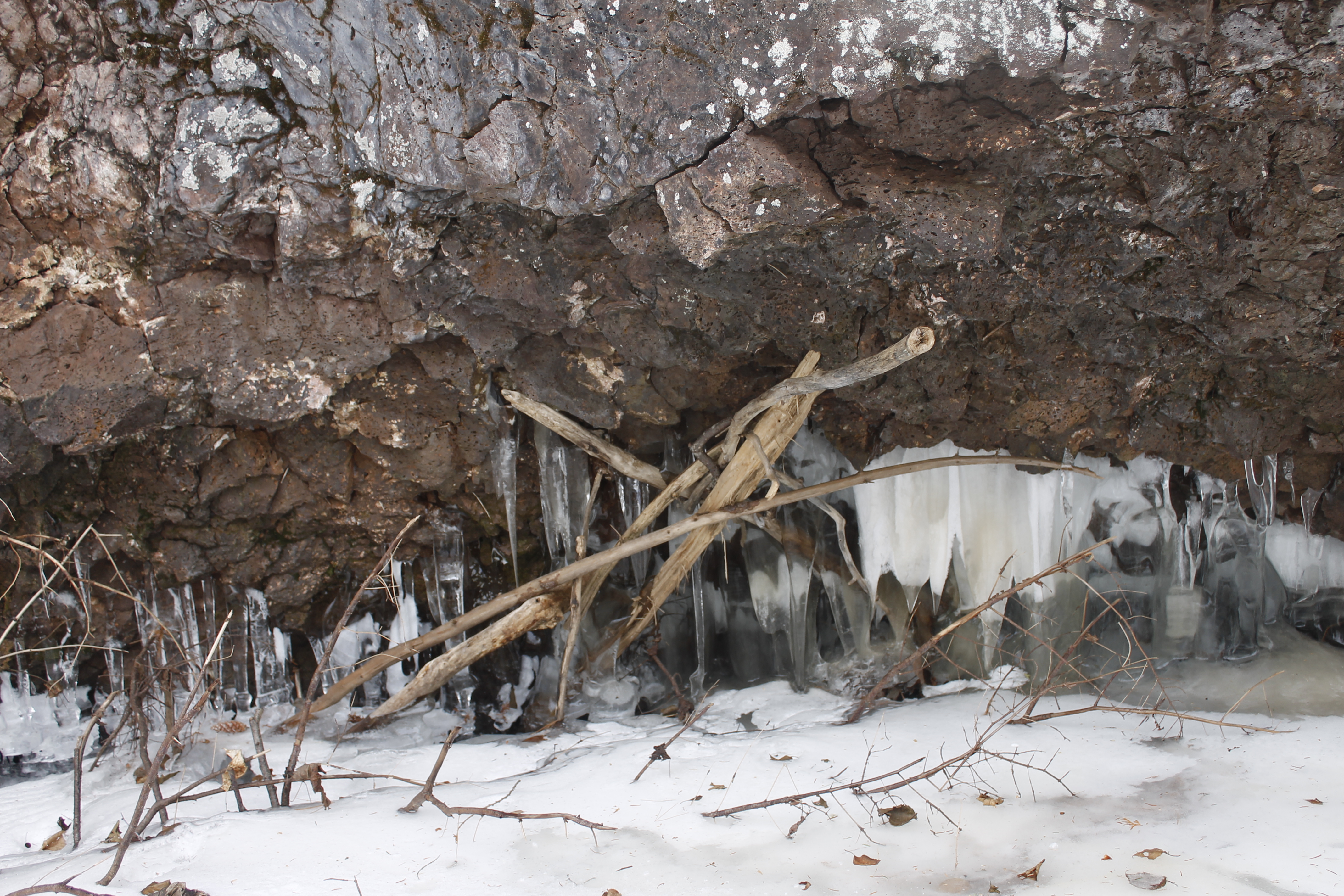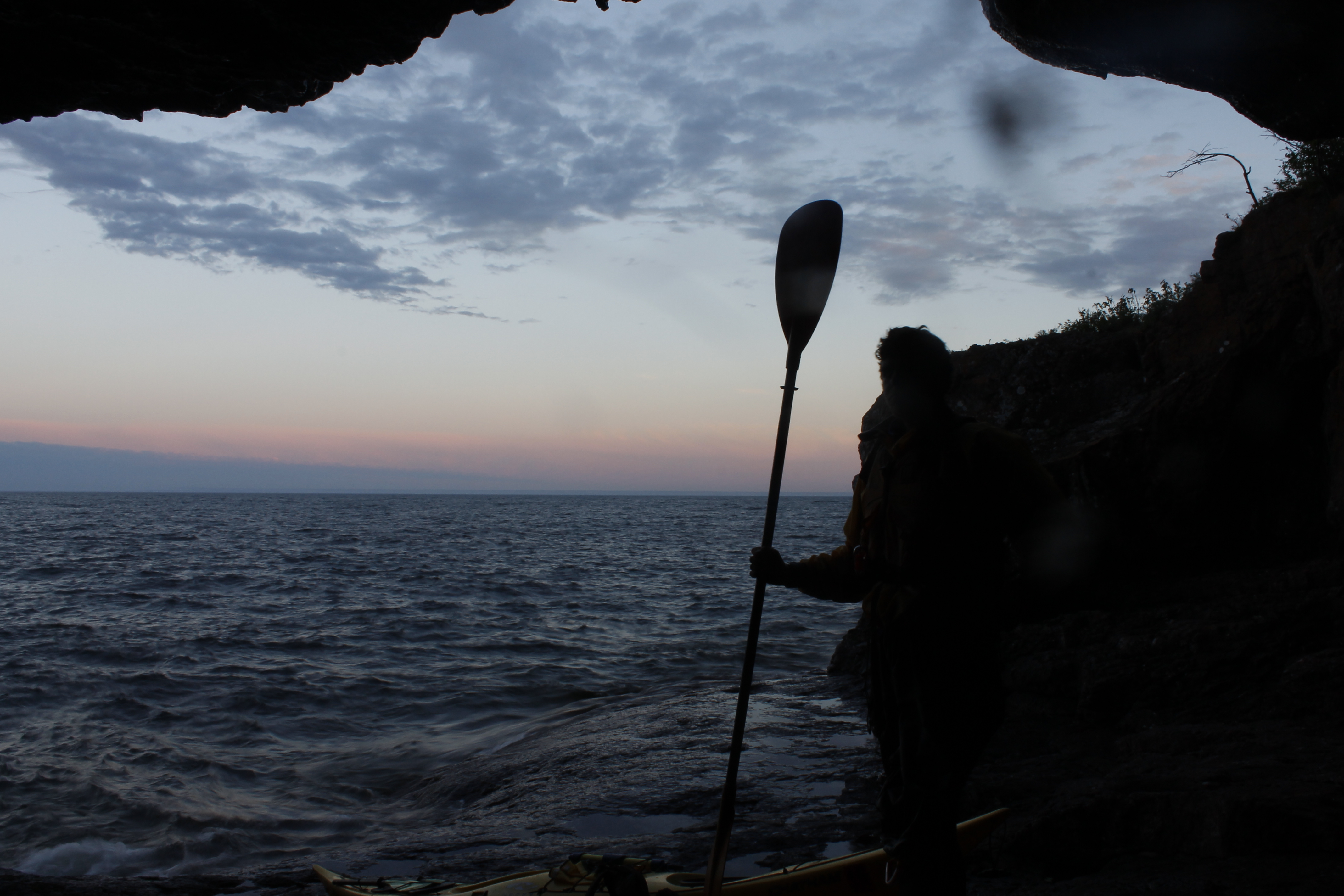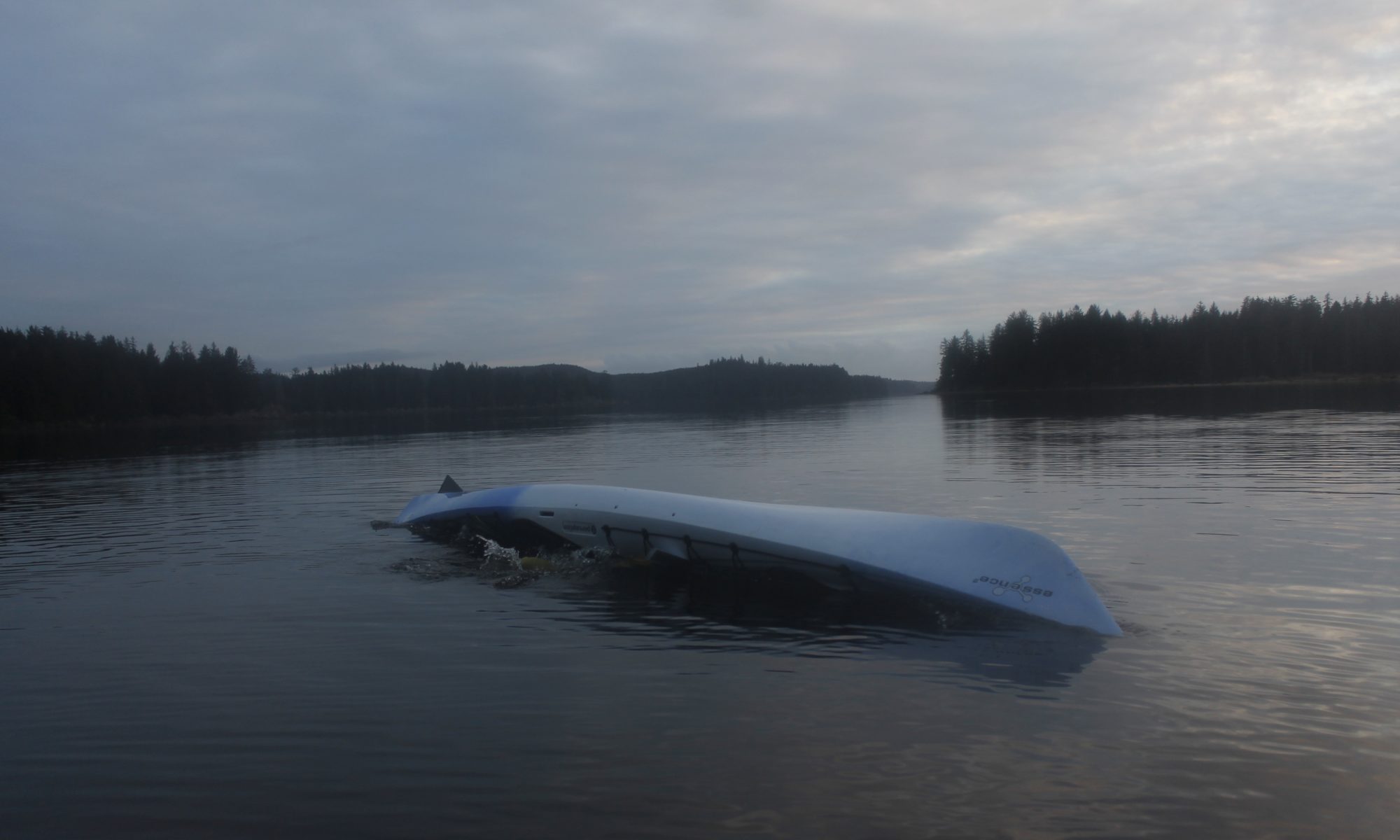Pop some bubbly, throw confetti; drink enough of the bubbly to get teary-eyed over the speeches; give some one else the car keys.
It’s the fifth anniversary of Tom’s On The Move.
When a wildly successful media outlet such as mine has been in the business long enough, celebration is in order. I started Tom’s on The Move as some guy who went on small-scale adventures — climbed mountains here and there, liked running, went kayaking and skiing and on overnight trips. The launch of the website not only kickstarted a lucrative career as a paid outdoor writer, it also financed several international expeditions with sponsors breaking down the doors to get on board. There have been those amazing new species of plants and animals I discovered, the late night television appearances. Then there is the influence that comes with my memberships on various government and corporate boards who lean on my expertise to make sound decisions on outdoor and environmental matters.
I’ve also been lying for several sentences now, a great way to spice up otherwise mundane travel accounts.
When I wonder what has kept me posting five years worth of irregular dispatches from this irregular life, I hope doesn’t account for all of it. No. Because, I can look at where I’ve been and what I’ve done, smile and then let the truth fall: I’m dissatisfied.
If I actually expected fame and fortune to emerge from authoring small adventure blog, then I richly deserve dissatisfaction. Rather, I am dissatisfied because I can put all these blogs together and see a series of disjointed movements that failed to carry me decisively in one direction.
There are individual efforts against mountain peaks or the last miles toward the finish line. After Point A, many trials and tribulations, moments of doubt, until —at last!— Point B.
I’ve lurched out for many of these Point B’s, which are there, because, well, if there is no Point B, then it’s pointless. I’ve tried to discipline my entries into this format so that readers know what they are getting into, what’s at stake.
What I haven’t defined is the larger Point B. Where is Tom (and Tom’s On The Move) ultimately moving? Where should it go?
Over the mountain, through the canyon
Finding physical challenges have been one journey. I like pushing my body, especially when it comes to endurance. That motivation might be as simple as, ‘I can do this, but other people can’t.’
I also like the feeling of doing something hard, feeling mind and muscle working together. Challenges like mountains, or else long days on the trail or the water reveal what is possible, force us to become aware of limits.
While I have enjoyed getting better at things like running, and even getting into cross-country skiing this year, I know that I am still nowhere near the limits of what I can do, especially if I devoted more time, effort and knowledge to pushing myself.
To know what’s there
Adventures are a great way to build awareness of nature. Again, I have much to learn. I read science news about ecology, thumb through nature guides, read works about how humans have been destroying a fabric of life they hardly understand. Yet, I am a long way from being able to look at a pond scene or forest canopy, and understand even a fraction of what is going on. Such ignorance makes me wonder how we can justify traveling beyond our backyards if we can’t even name all the flowers growing there.
A couple years back, I noticed that most of my favorite writers were very strong when it came to descriptions of the natural world, whether I read Cormac McCarthy, Edward Abbey, Tolkien, Dostoyevsky or Robert Frost.
My appreciation of this is no doubt linked to biologist E.O. Wilson’s concept of biophillia, an innate love of nature that comes hardwired into our brains. Even the writers that we don’t commonly think of as nature writers often draw profundity in natural beauty.
I took a canoe out in the Boundary Waters the other day and let myself drift out in the middle of a big lake with no man-made objects in sight. No distractions but my own thoughts. It was amazing how that act changed my self-conception, calmed me, quieted the inner turmoil of disjointed thought. How much more valuable that time would have been, if I could have lost myself for a week instead of half a day.
It is hard to overlook how contemporary society is dissociated from nature, unable to understand how it works or how to survive in it, and the environmentally destructive choices that this society makes.
Becoming a better writer
Contemplation isn’t the end goal, however. It is only a tool that helps build understanding. Writing thoughts down is the best way that I’ve found to build clearer thinking.
An English professor of mine once said that learning writing is actually learning how to think. I often don’t realize contradictions in my thoughts, until I write them. Often, solving the contradiction is a process of going through the grammar and editing sentences.
The act of writing about an experience builds upon it. Without writing, I could be a passive consumer of events. When I know that I plan to write about something, I think differently about it. I try to be a more studious observer and I try to be more aware of my thoughts. I also imagine, you, dear reader, nodding along when you agree with what I’m thinking, or calling bullshit, when I write something that’s bullshit.
Some would argue that this is too self aware and risks creating artifice. I suspect that most of us already live through experiences self-consciously, whether we acknowledge it or not. We think about how we will caption the photos in Facebook albums (and who will like and comment on the post), think about how we will spin a heroic story to our friends when we get back from an adventure. We instinctively imitate the convenient archetypes that movies and books provide.
You’ll never see an entry on this site that goes like: “When I saw the bird take wing from the branch, it was the only thing I was aware of, the only thing that mattered.”
Bullshit.
I was actually thinking about how I could write that sentence in a way that would impress the readership, but subtle enough to avoid getting called out for pretense. I’ll stop being self-conscious when I’m unconscious, a state that is not conducive to productive writing.
My outdoor writing is a way to claim a stake in personal experience.
I could have all kinds of interesting thoughts sitting in a canoe in the middle of the lake, and I can be endlessly entertained by reading what great writer’s have to say about lakes and that’s nice. But, the real growth comes out of working with these inputs, repurposing them into an understanding I can call my own. If I am humble, I will acknowledge how much I owe the understanding to outside experience, the wisdom of forebears.
If I can put together an understanding that is persuasive enough enough, perhaps others will want to absorb it into their own.
We social mammals strive to be accepted, loved, understood. I want my writing to be a springboard for my values, to have a value that people can take away with them.
Thus, it is always a pleasure, when I hear that people have been reading my stuff, that they might have actually, enjoyed it. That keeps me from just saying, ‘To hell with it,’ and keeping a journal.

Self-Discovery
There is still the risk that everything that comes out of my introspection and observation will be trite, cliched and obvious.
Yet, if I arrive at conclusions as the result of careful thinking, hours of writing, then at least I will feel the satisfaction of knowing that I own those values. I didn’t just pick them up at checkout and take them home with me. I got my fingers in the dirt, examining, questioning, cultivating.
If I can write about what I do, perhaps it will help me to better understand what makes me tick, better understand what the world around me is, how I am supposed to behave in it.
Alarm bells should go off whenever, I find myself writing about getaways. There is always something to get away from. More interesting to me, is finding a way to get a footing in the “real world” full of all its messy relationships, money transactions, positions of power, injustices and constant compromise.
The temptation to imagine that wilderness is some fantasia apart from our supermarket aisles and gas stations is dangerous because these are on the same planet, suffused with the same atmosphere, built on the same dirt. The car we drive despoils someone else’s eden with oil derricks. The more repulsive our mini-malls and office cubicles become to us, the more we feel the need to embrace the quiet lake.
But even on the quiet lake, the cacophony of our civilized white noise buzzes on through my head, even if nature helps to quiet it. The seemingly separate worlds permeate each other.
Both spheres have new challenges for me to face.
In the stories we read, it is challenge that reveals a character’s true nature. What decisions does the character make? What does the character learn about his/her nature?
If my true character has not become clear to me, it is because I have left too many challenges unanswered, or I haven’t picked the right one yet.
Again, looking over my own words helps guide my insight (and my internal editor warns me that the change in tone is too abrupt, too deus ex machina.) Now it seems that I can only ignore their message through willful blindness The quiet lakes and still un-despoiled mountains which have given me so much, deserve more from me. They deserve someone who doesn’t just write about them, but fights for them.
After all this thinking, there comes the the tough part, I must find a way to do what I believe in.
Thanks for reading.

